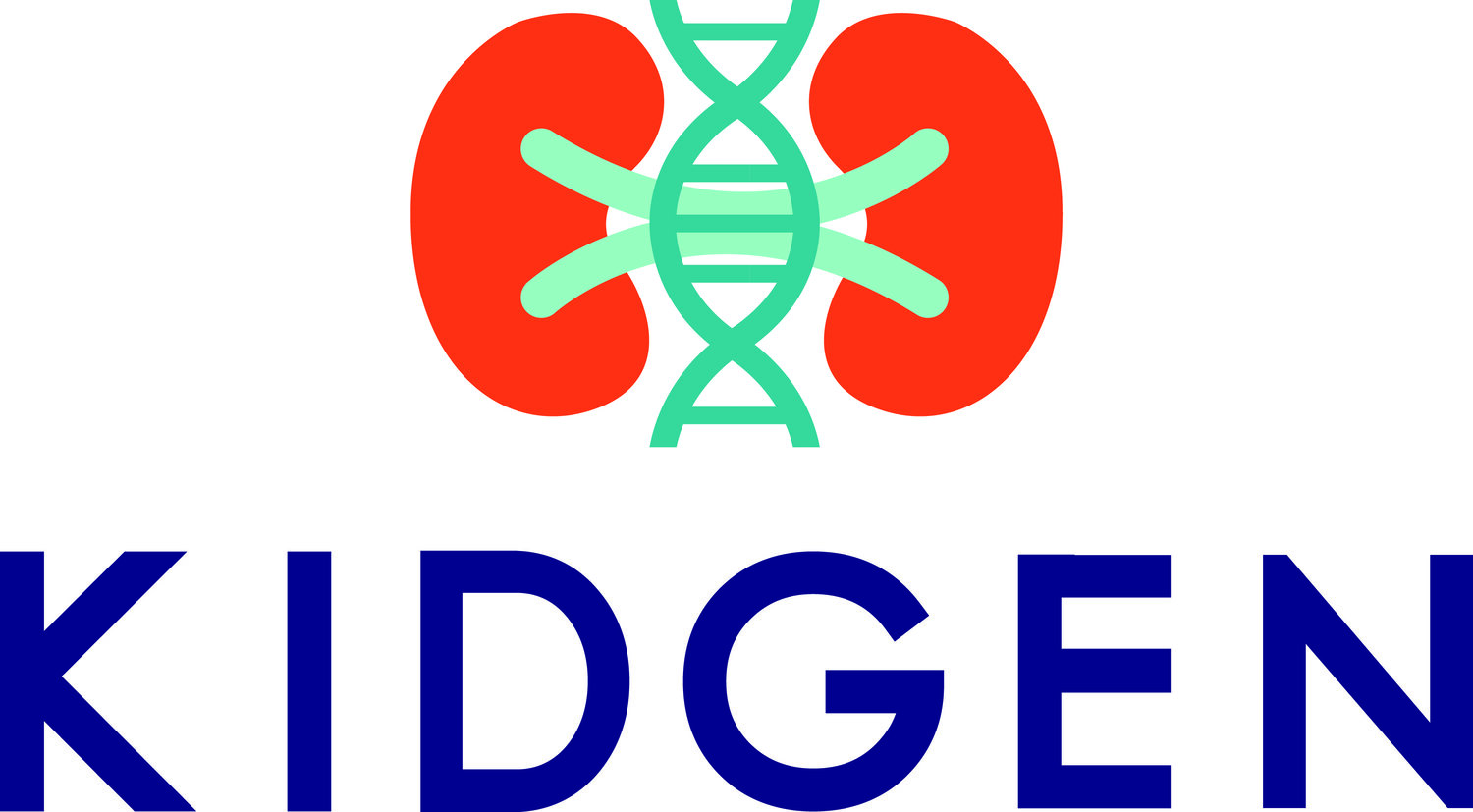Where a genetic cause is suspected, referral to a clinical genetics team can help apply an ethical decision-making framework in answering the question: “to test, or not to test”, for a possible genetic cause of kidney disease.
This decision-making framework incorporates both the clinician, and patient or family perspectives, in addition to patient characteristics and clinical features, to ensure consistent approaches to genomic testing are achieved that maximize equity and utility¹⁰.
Decisions are evaluated on a case-by-case basis and consider all facets of holistic patient-centred care such as the implications for other family members, the psychosocial impacts, and patient autonomy, alongside health service considerations such as clinical utility, clinical validity, testing alternatives, resource availability and the impact on genetic counselling.
-
Decisions about genomic testing should incorporate the diagnostic yield, clinical utility, and clinical validity of a positive or negative result. These are relatively straightforward questions lookingat the chances of finding a diagnosis and asking whether testing could impact management or prevent riskier diagnostic pathways.
More nuanced is the impact of a result on the individual patient and their wider family.
For example, we need to consider the reproductive implications of testing, asking whether the patient or other family members are considering having children and probing how a positive or negative result could impact on this. This is familiar territory for a clinical geneticist or genetic counsellor, but asking patients how they might utilize information in making informed reproductive decisions can be new ground for nephrologists who may not be up to date in the availability, feasibility and funding for pre implantation genomic testing, for example. Referral to a specialist centre is optimal at this point.
Further to this is how the result will impact counselling. Does the diagnosis lend itself to precise counselling around the implication of disease? This can be clear cut - for example in COL4A5 nephropathy or X-linked Alport syndrome where disease progression and inheritance are well described.
Unfortunately, many forms of genetic kidney disease display variable penetrance, meaning that counselling around the genetic implications can be tricky. For example, variants in HNF1β can cause life changing kidney disease in one person, and a variable minor anomaly in another. How will other family members utilize this information, and are you confident that you can convey the variable phenotype? Consider how well the genotype-phenotype correlation is described and how the result could impact on counselling before requesting the test, and consider advice from or referral to your local renal genetics multidisciplinary team.

